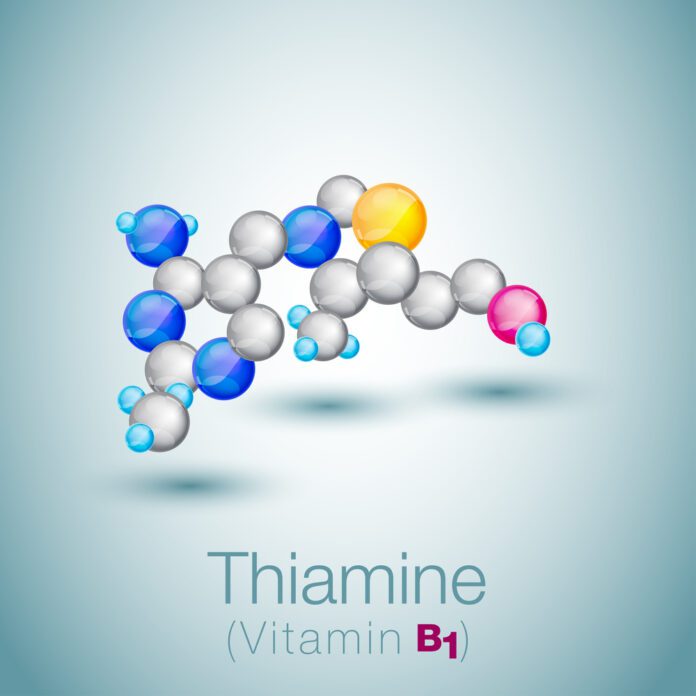Overview Of Beriberi
Vitamin B1 Deficiency is synonymous with the term Beriberi. This is a disease in which the body does not have enough thiamine (vitamin B1).
Commonly Associated With
Thiamine deficiency; Vitamin B1 deficiency
Causes Of Beriberi
There are two major types of beriberi:
- Wet beriberi: Affects the cardiovascular system.
- Dry beriberi and Wernicke-Korsakoff syndrome: Affects the nervous system.
This condition is rare in the United States. This is because most foods are now vitamin-enriched. If you eat a normal, healthy diet, you should get enough thiamine. Today, beriberi occurs mostly in people who abuse alcohol. Drinking heavily can lead to poor nutrition. Excess alcohol makes it harder for the body to absorb and store vitamin B1.
In rare cases, beriberi can be genetic. This condition is passed down through families. People with this condition lose the ability to absorb thiamine from foods. This can happen slowly over time. The symptoms occur when the person is an adult. However, this diagnosis is often missed. This is because health care providers may not consider this condition in nonalcoholics.
Beriberi can occur in infants when they are:
- Breastfed and the mother’s body is lacking in thiamine
- Fed unusual formulas that don’t have enough thiamine
Some medical treatments that can raise your risk of beriberi are:
- Getting dialysis
- Taking high doses of diuretics (water pills)
Symptoms Of Beriberi
Symptoms of dry beriberi include:
- Difficulty walking
- Loss of feeling (sensation) in hands and feet
- Loss of muscle function or paralysis of the lower legs
- Mental confusion/speech difficulties
- Pain
- Strange eye movements (nystagmus)
- Tingling
- Vomiting
Symptoms of wet beriberi include:
- Awakening at night short of breath
- Increased heart rate
- Shortness of breath with activity
- Swelling of the lower legs
Exams & Tests
A physical examination may show signs of congestive heart failure, including:
- Difficulty breathing, with neck veins that stick out
- Enlarged heart
- Fluid in the lungs
- Rapid heartbeat
- Swelling in both lower legs
- A person with late-stage beriberi may be confused or have memory loss and delusions. The person may be less able to sense vibrations.
A neurological exam may show signs of:
- Changes in the walk
- Coordination problems
- Decreased reflexes
- Drooping of the eyelids
The following tests may be done:
- Blood tests to measure the amount of thiamine in the blood
- Urine tests to see if thiamine is passing through the urine
Treatment Of Beriberi
The goal of treatment is to replace the thiamine your body is lacking. This is done with thiamine supplements. Thiamine supplements are given through a shot (injection) or taken by mouth.
Your provider may also suggest other types of vitamins.
Blood tests may be repeated after the treatment is started. These tests will show how well you are responding to the medicine.



